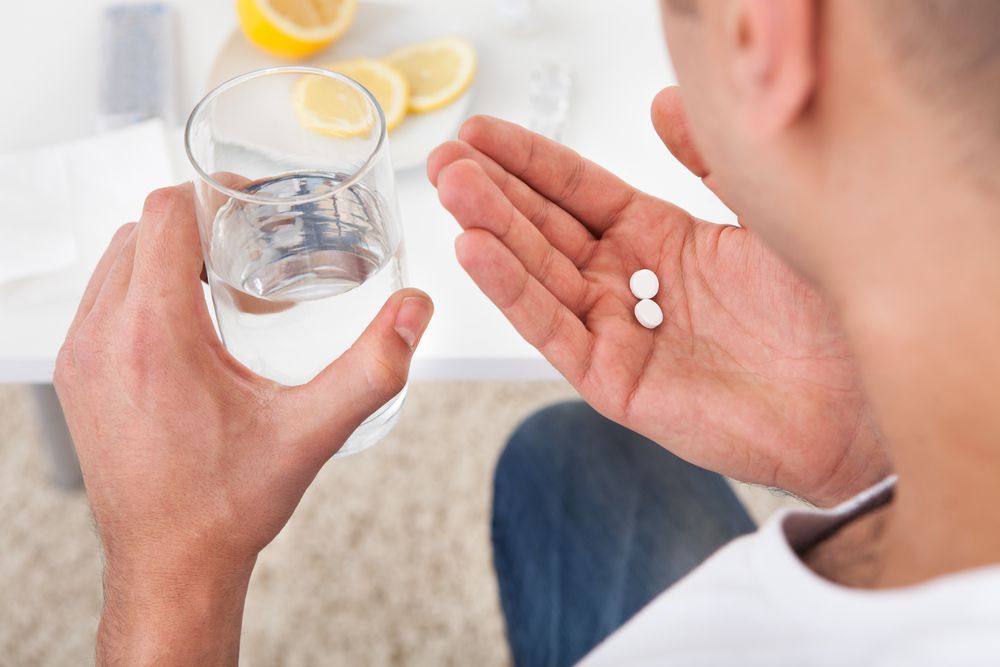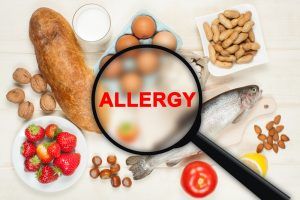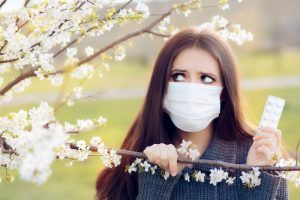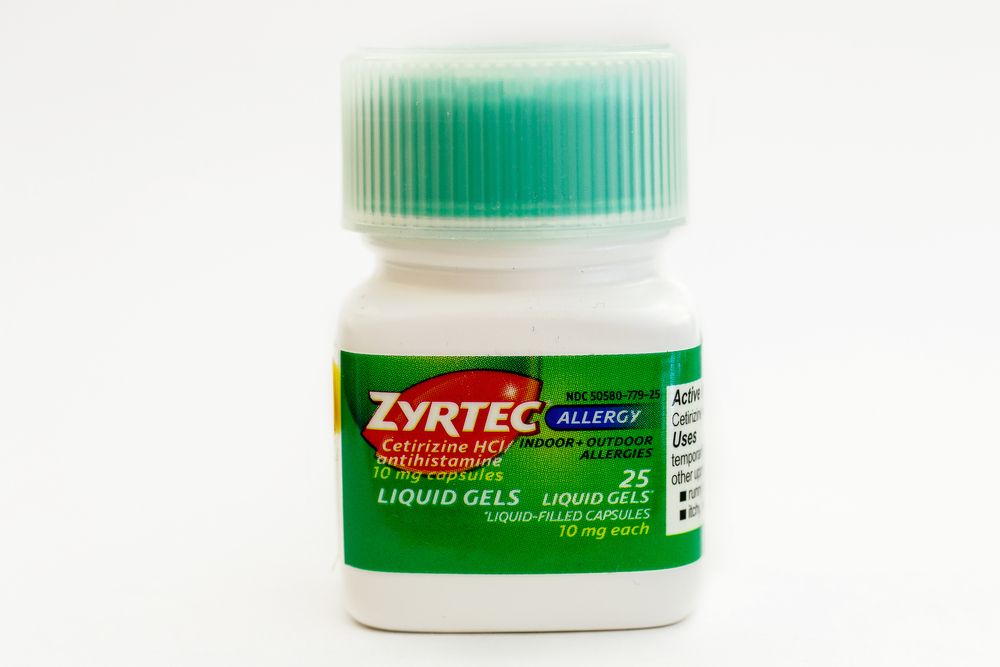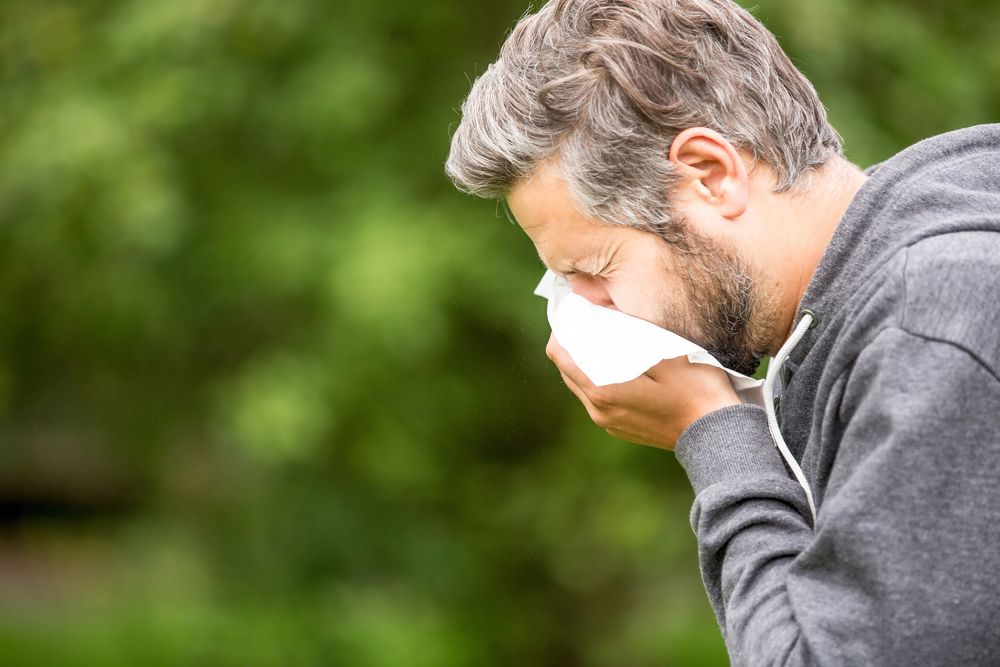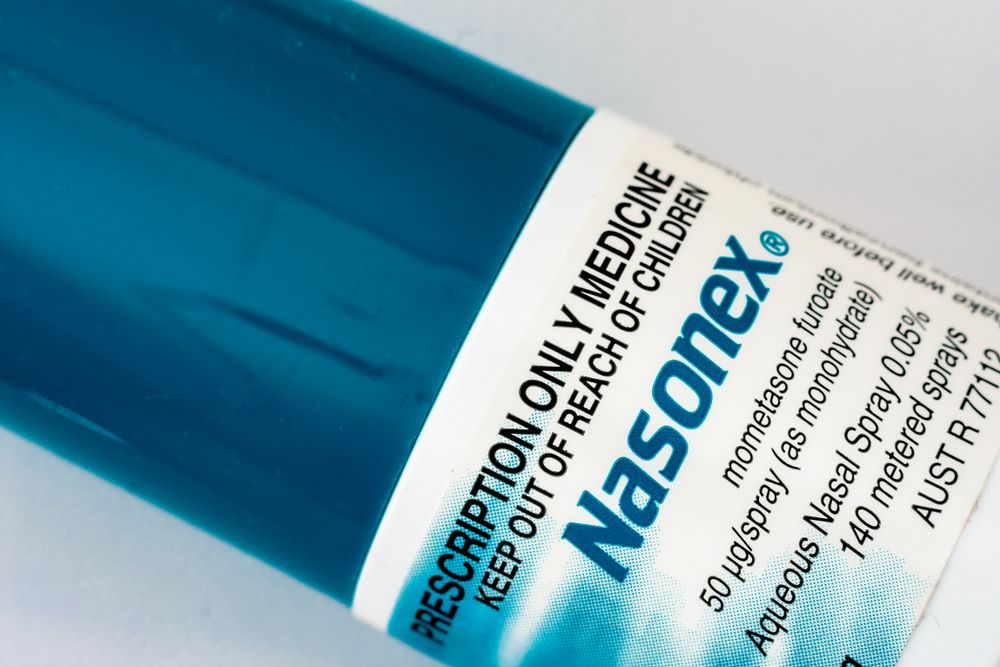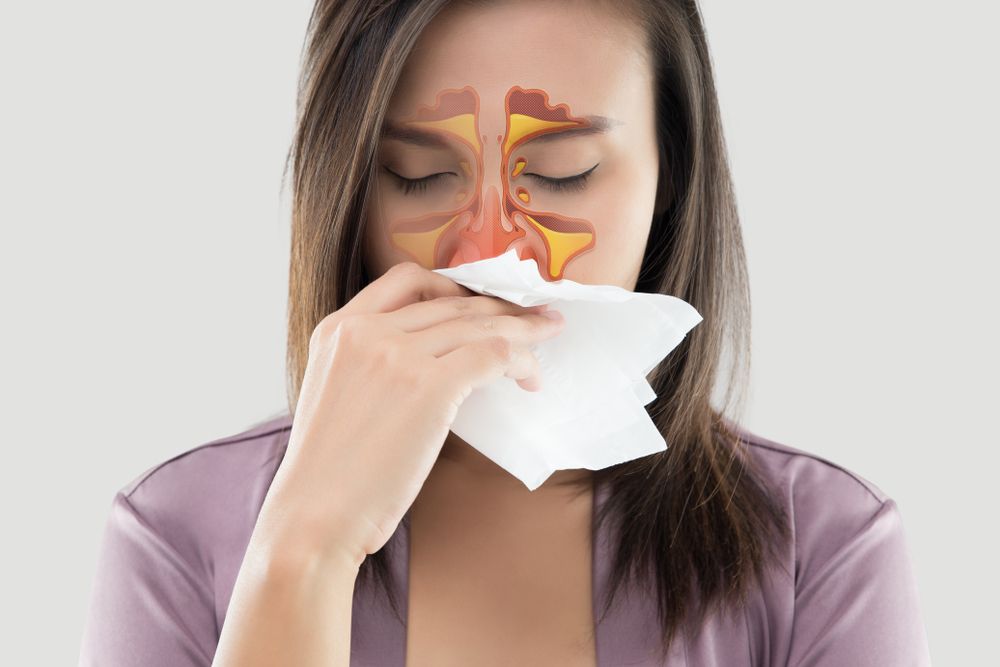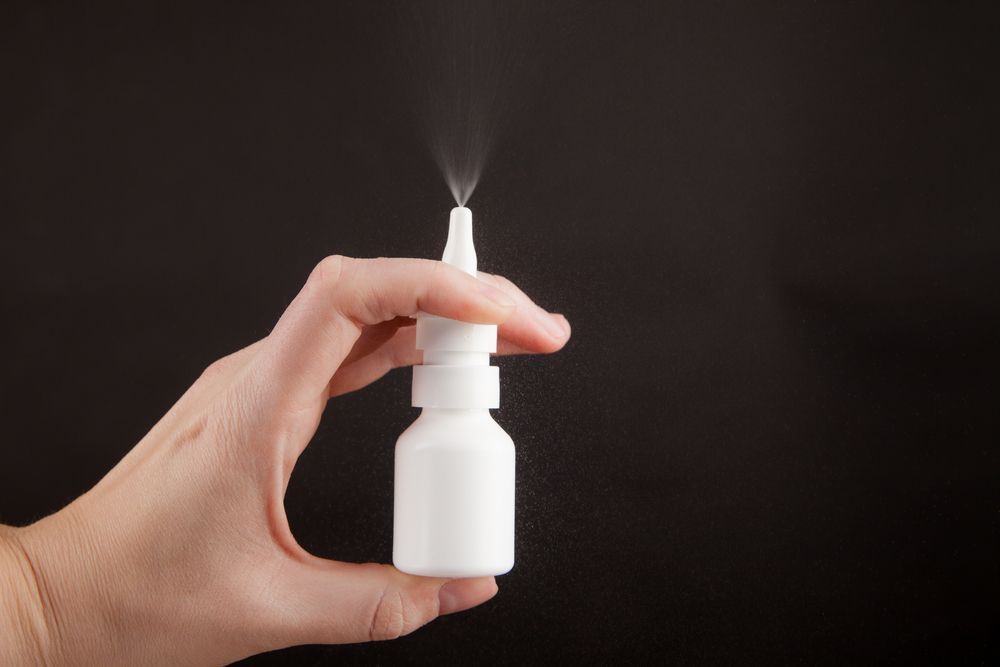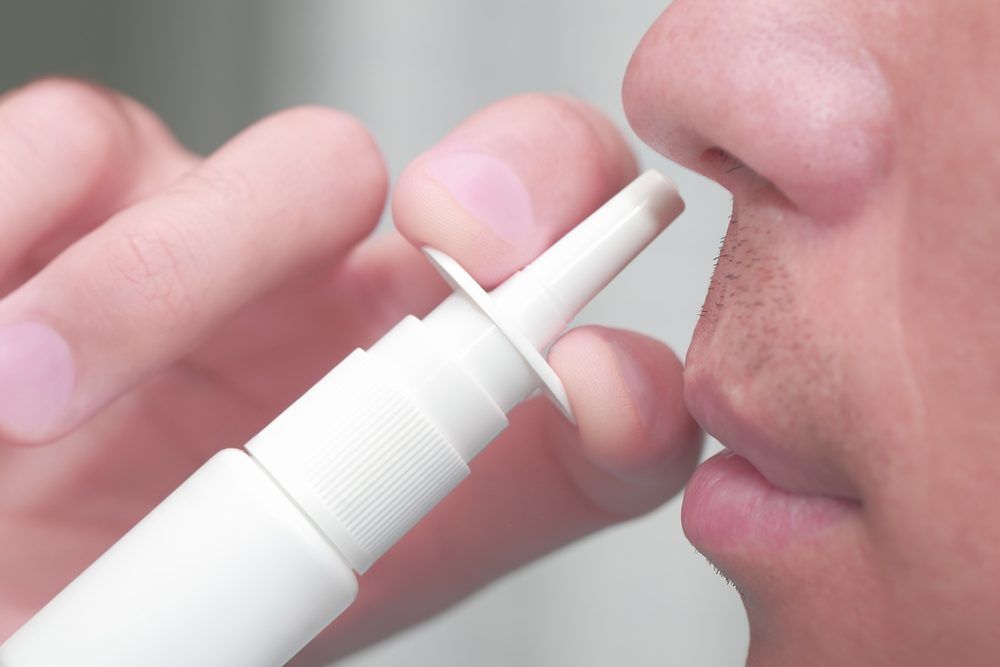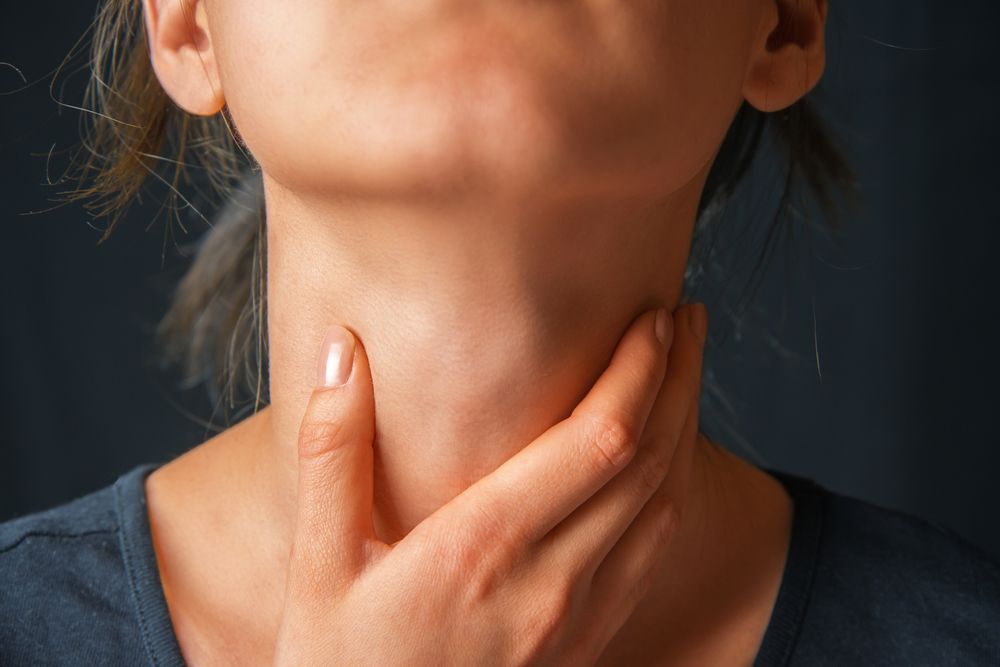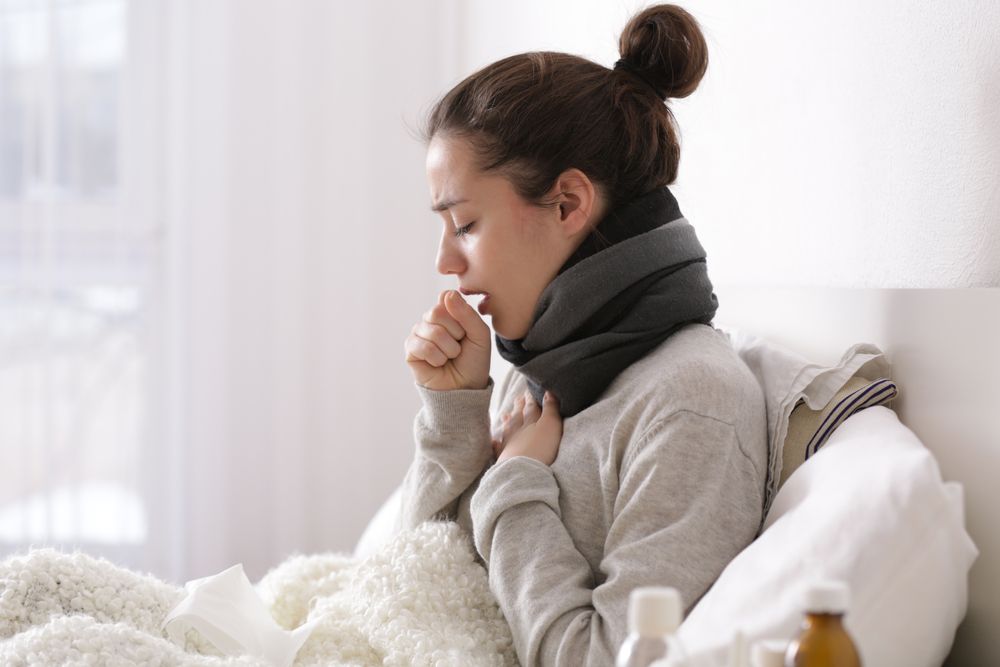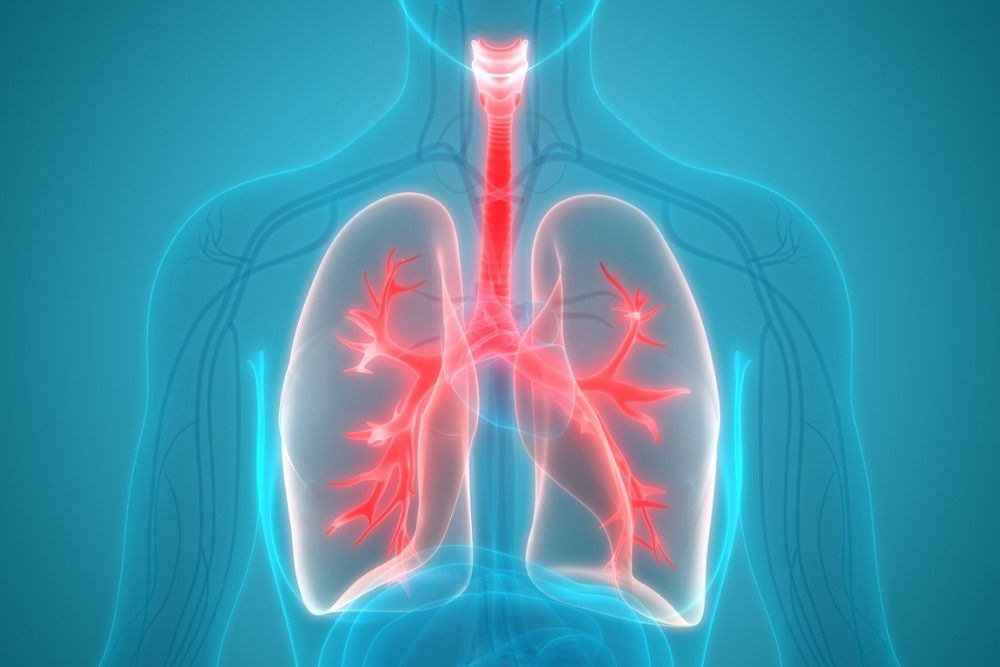Allergies come in all kinds of varieties. They can result in different symptoms depending on what triggered them. (Learn More)
Various over-the-counter (OTC) allergy treatments exist, including nasal sprays, corticosteroids, antihistamines, and decongestants. (Learn More)
Depending on the specific allergen causing health issues for you, you may need a prescription medication, or you may even need to visit the hospital in the event of a medical emergency. (Learn More)
Allergies and Your Immune System
An allergic reaction occurs when your immune system mistakes a normally harmless substance or food for something that is harmful. Things that do not usually harm people but pose a problem for those with allergies are referred to as allergens.
Reactions to allergens can be mild. They include a runny nose and sneezing. But allergies also mean your immune system is working hard to attack what it perceives to be a harmful foreign substance. As such, your immune system may trigger a response that is fatal if untreated.
You should note that when you have an allergic reaction:
- Your body releases immunoglobulin E (IgE), which are antibodies.
- These antibodies force the secretion of histamines and other chemicals meant to ward off the perceived foreign substance.
- These chemicals remain in the bloodstream and can cause a variety of reactions.
Some allergies are likely hereditary. This does not mean that you will pass on your allergies to your children, but it does mean that they are more likely to have allergies. It is also common for people who have one confirmed allergy to be allergic to other things.
Types of Allergies
All allergies are a response from your immune system, but there are different kinds of allergies. The type of allergy you have will determine the course of treatment.
- Seasonal allergies: These allergies are also known as hay fever and allergic rhinitis. Up to 8 percent of Americans experience this type of allergy.
Hay fever appears less frequently during the winter, but some people can experience the effects all year. Spring is a major time for seasonal allergies because pollen is more common then. Most pollen comes from weeds, different types of grass, and trees because they depend on the wind to move pollen from one place to the next.
These are common symptoms of seasonal allergies:- Watery eyes
- Sneezing
- Runny nose
- Airborne allergies: These are similar to seasonal allergies, but they are usually not limited to certain seasons. They are triggered by allergens that affect your sinuses and airways.
Common allergens in this category include:- Pet dander
- Cockroaches
- Dust mites
- Food allergies: Anywhere from 6 percent to 8 percent of children younger than 3 years old, and less than 3 percent of adults, are allergic to certain foods.
Children may be allergic to these foods:- Soy
- Wheat
- Cow’s milk
- Eggs
- Tree nuts
- Peanuts
Food allergies are different from airborne or seasonal allergies in that they can elicit all kinds of symptoms. These can appear within minutes or even two hours after eating food that triggers the allergy. Some of these symptoms are mild.
- Eczema
- Hives
- Itching or tingling in the mouth
- Wheezing or congestion
- Abdominal pain
- Nausea
- Vomiting and diarrhea
Other symptoms are the result of anaphylaxis, a strong immune system reaction that requires immediate medical assistance.
- Faster heartbeat
- Shock
- Fainting and/or dizziness
- Swelling in the throat that makes it harder to breathe
- Tighter airways
It is possible to be allergic to certain chemicals that cause the same reactions as food allergies.
Allergy Treatments
The medication or treatment you need will depend on the type of allergy causing your symptoms. Lifestyle changes can help you reduce risk. They will not protect you from all instances where you may come in contact with a known allergen, but they can lessen the frequency of attacks.
Avoiding foods that cause your allergies is not always possible, but you can alert staff at restaurants or friends if you know you will be sharing food. For some events, a planner may send you a questionnaire asking if you have allergies. Communicate your needs at large dinners, so hosts and cooks can prepare.
If you have children, your school may ask if your children have any allergies. Always answer these surveys when given the opportunity.
People with seasonal or airborne allergens can use dehumidifiers; maintain air filters in their homes and cars; and use vacuums that have a high-efficiency particulate (HEPA) filter. Most weather reports feature pollen counts, so you can be prepared.
Over-the-Counter & Natural Remedies for Allergies
Some ways to treat allergies include:
- At-home remedies. Nasal irrigation can be helpful for people with airborne or seasonal allergies. Use a neti pot or squeeze bottle and distilled water, which has been boiled and allowed to cool, to make a saline solution. Rinse your nose and flush out mucus or allergens in a gentle and safe manner.
- Antihistamines. These are medications that block the actions of histamine to decrease allergy symptoms. They are available in first-generation versions, such as diphenhydramine (the active ingredient in Benadryl) and Chlor-Trimeton. Antihistamines can help your allergies but are known to make you drowsy.
Second-generation medications, such as Allegra or Zyrtec, are slightly more expensive, but they are known to cause less drowsiness. Antihistamine eye drops can also soothe water eyes. These are available in the following forms:- Liquids or pills
- Eyedrops
- Nasal sprays
- Corticosteroids. These can lessen a runny nose and congestion. However, they can take anywhere from two to four weeks to fully address your symptoms. It is best to start using these before symptoms start.
Be mindful that these sprays can cause side effects, such as nose bleeding. They are not advised for people with glaucoma. Improper or regular use of these sprays is known to cause holes in the septum (cartilage dividing the nostrils) in some circumstances.
Corticosteroids are available in these forms:- Liquids and pills
- Creams
- Nasal sprays
- Inhalers
- Eyedrops
- Decongestants are best used for congestion in the sinuses and nasal passageways. They are not recommended for people with glaucoma, pregnant women, people with high blood pressure, and those with cardiovascular issues.
You can find them in these forms:- Nasal sprays and drops
- Liquids and pills
- Mast cell stabilizers prevent chemicals in your body from causing allergy symptoms in the first place. They are typically used when antihistamines are not as effective.
They are available in these forms:- Nasal sprays
- Eyedrops (prescription only)
Prescription Allergy Treatments
- Immunotherapy: Mayo Clinic says that immunotherapy exposes you to the irritating allergen in a controlled environment. It is mostly used if other treatments do not work. It is meant to teach the body not to attack allergens.
Allergen immunotherapy is received as:- Sublingual immunotherapy (SLIT). A tablet with the allergen is placed beneath the tongue, and it remains there until fully dissolved. Meant as a daily treatment, it is known to decrease congestion and runny nose associated with allergies.
- Injections. This is a long-term therapy, as you may begin with shots that are administered twice per week for about six months. After this, you may continue to receive shots for anywhere from three to five years on a less frequent basis.
- Leukotriene inhibitors. This medication works by stopping chemicals called leukotrienes from provoking an allergic reaction. Only one prescription, Singulair, is approved to do this. However, this medication is known to have effects on patients’ state of mind, causing depression, paranoia, aggression, and suicidal ideation.
- Epinephrine shots. These are usually saved for emergencies and people with severe allergies to bee stings, wasp venom, or peanuts. You may be encouraged to wear a medical bracelet so medical professionals can quickly help you in the event of an allergic reaction.
One shot may help you long enough to seek help, but your prescription may allow you to carry two. You will be trained on how to use these shots and will need to replace them from time to time.
Medications With a Proven Track Record
Here are some medications known to be effective for allergies:
- Benadryl, Allegra, Zyrtec, and Claritin: These are all available over the counter. Benadryl is a first-generation histamine, while the rest of these medications are second-generation histamines.
All of these are known to combat histamines, thus easing symptoms of seasonal or airborne allergies. Benadryl is known to cause drowsiness, and you should exercise caution if you decide to take it. Allegra, Zyrtec, and Claritin can also cause drowsiness, but not as much as Benadryl. - Visine All Day Eye Itch Relief: This topical eye drop acts quickly to provide relief for your eyes, and its effects last a long time. Do not confuse this with Visine eye drops that do not mention All Day Eye Itch Relief on the package. The regular version of these eye drops is known not to be effective for allergy relief, and it can cause you to depend on eye drops because their effectiveness decreases with each use.
Other OTC eye drops known to provide relief are Zyrtec Eye, Alaway, and Claritin Eye. - Flonase: This nasal spray works well for people who suddenly experience a runny or itchy nose caused by seasonal allergies. The medication is also known for warding off eye symptoms of allergic reactions. A generic version of Flonase is available.
Make sure to use Flonase only as long as the directions advise. Using it longer than recommended could cause congestion to come back. - Nasonex: Like Flonase, this is a nasal spray that is effective against airborne allergens. It can also be used for nasal polyps, but it does not treat eye symptoms of allergic reactions. It is available via prescription only.
- Singulair: This prescription medication prevents leukotrienes from causing inflammation, thus easing the symptoms of allergies.
Immunotherapy and epinephrine shots are effective and necessary treatments for allergic reactions that lead to hospitalization. They may also be used when over-the-counter and prescription medications do not work.
Frequently Asked Questions
What type of allergies exist?
Seasonal, airborne, and food allergies are the major types of allergies. You can also be allergic to certain chemicals.
Are there any OTC medication options?
Antihistamines, corticosteroids, mast cell stabilizers, and decongestants are available in over-the-counter forms. They are available as liquids, tablets, pills, creams, and nasal sprays.
Which allergy medications require a prescription?
Medications like Nasonex, Singulair, and epinephrine shots (Epi-Pens) require a prescription. Prescription forms of these medications are usually stronger or last a bit longer.
Which medications are proven to work?
Many OTC and prescription medications are known to be effective in the treatment of allergy symptoms. OTC options include Benadryl, Allegra, Flonase, Claritin, and Visine All Day Eye Itch Relief.
Immunotherapy is also known to work, but it requires that you visit your doctor several times. It is best used when your allergy symptoms do not respond to OTC or prescription medications.
When should I visit the hospital or emergency room?
Most allergic reactions can be taken care of with OTC and prescription medications. You must get medical assistance if you experience anaphylaxis. This is a serious reaction that can be fatal. It is often accompanied with shock, dizziness, fainting, and difficulty breathing.
References
Allergies and the Immune System. Johns Hopkins Medicine.
All About Allergies (For Parents). (October 2016). KidsHealth.
Choosing an Over-the-Counter Allergy Medication. (March 2019). Harvard Medical School.
Allergy Medications: Know Your Options. (June 2017). Mayo Clinic.
Do You Need Prescription Medications for Allergy Relief? (July 2019). Verywell Health.
Anaphylaxis. (January 2018). Mayo Clinic.
Allergies. (January 2018). Mayo Clinic.
Seasonal Allergies: Symptoms, Causes, and Treatment. (May 2018). Healthline.
Seasonal Allergies: Nip Them in the Bud. (May 2018). Mayo Clinic.
Food Allergy: Diagnosis and Treatments. (May 2017). Mayo Clinic.
The Best Over-the-Counter Medications to Treat Your Allergies. (October 2016). Today.Flonase vs.
Nasonex: Which Is Better for Me? (May 2017). Healthline.
Visine Drops for Eye Allergies. (October 2018). Verywell Health.

